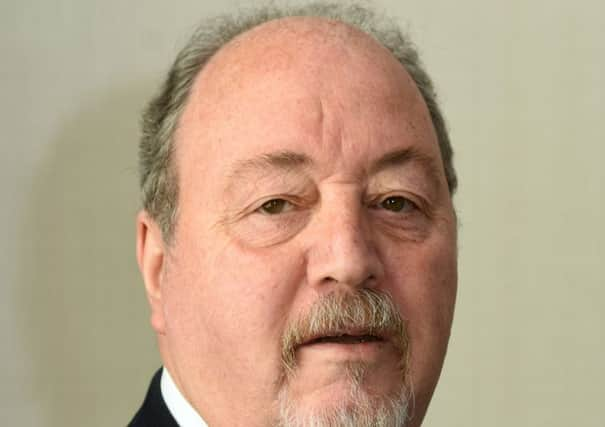More children in South Tyneside '˜not safe' with their families


According to council bosses, changes in the types of cases they are dealing with have caused a spike in the number of children being taken into care in the borough.
But they also claimed the success of current policies had prevented the figures being ‘even higher’.


Advertisement
Hide AdAdvertisement
Hide Ad“The reasons children are becoming looked after have altered,” Shona Gallagher, the council’s head of children and families social care, told a meeting of South Tyneside Council’s People Select Committee.
“Previously we struggled with family breakdown and dysfunction, particularly with older children. More children are not safe in their family’s care, which is a different reason and which needs a different focus of activity.”
According to a report prepared for councillors, by the end of last year (2017/18) there were 319 looked after children in the borough, up by 16 per cent from the year before.
Numbers have also been increasing nationally for several years.
Advertisement
Hide AdAdvertisement
Hide AdIn South Tyneside, these children also tended to be younger than in previous years and intervention more likely to be triggered by ‘unexplained or non-accidental injuries’ and other safeguarding concerns.
She also said the launch of the Families First service in the borough in 2007 to target families before they enter the care system had produced positive results.
She added: “We’re clear that the Families First service is making a difference, if we didn’t have that numbers would be even higher.
“We do need to do more work about understanding the lived experience of children in the borough and make sure services are targeting the right families in the right way.”
Advertisement
Hide AdAdvertisement
Hide AdCoun Jim Foreman said he was ‘shocked’ the report for the committee hadn’t highlighted a link between the rise in the number of children in care and the rollout of the government’s controversial Universal Credit policy.
But the paper for councillors made clear there was no evidence of any clear factors which could definitely be said to have caused the increase.
James Harrison
James Harrison , Local Democracy Reporting Service